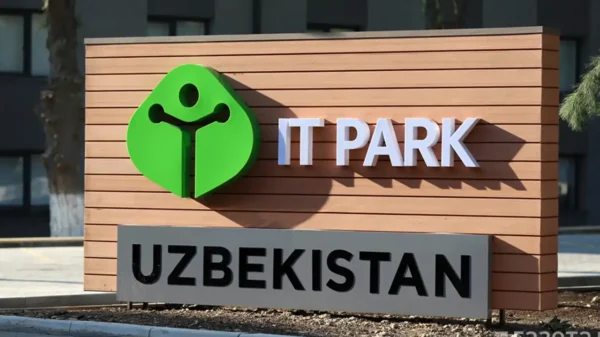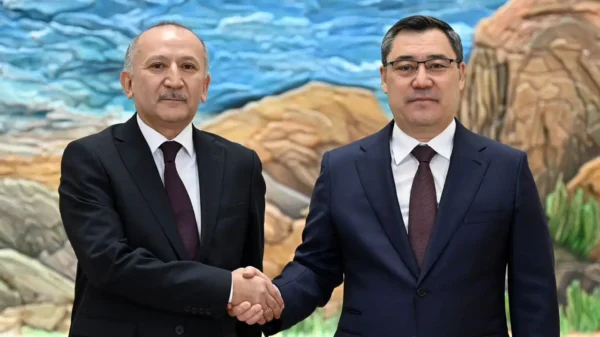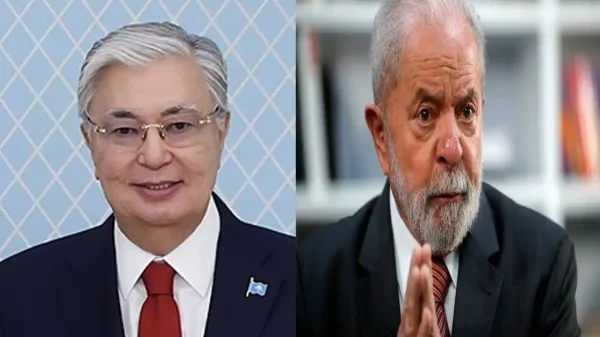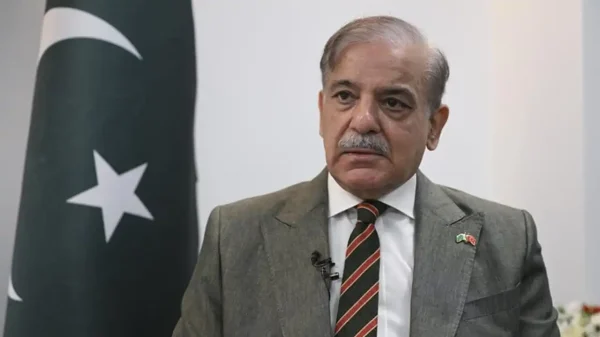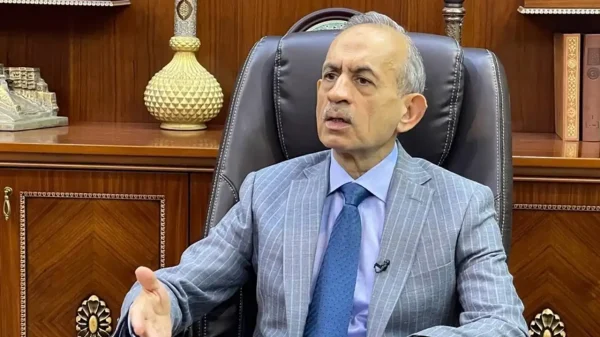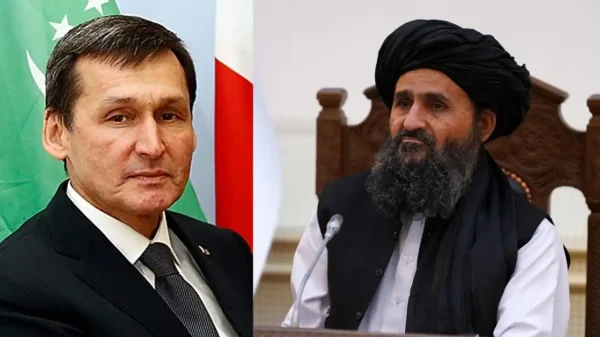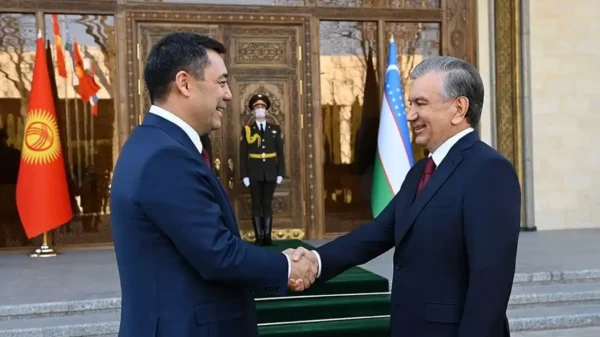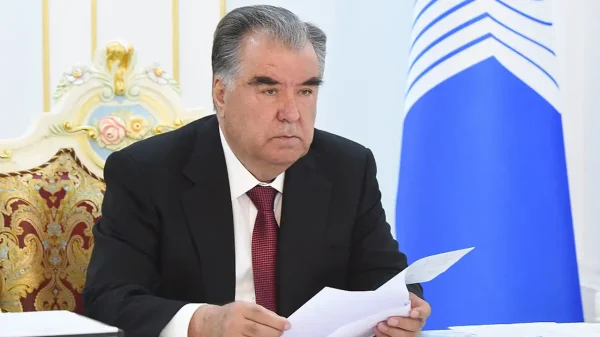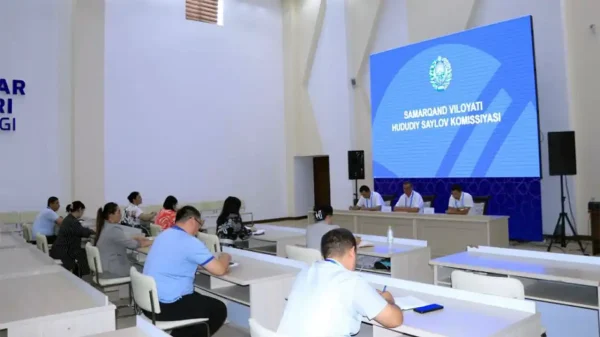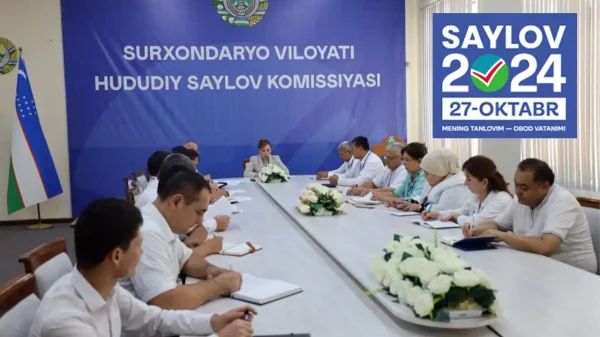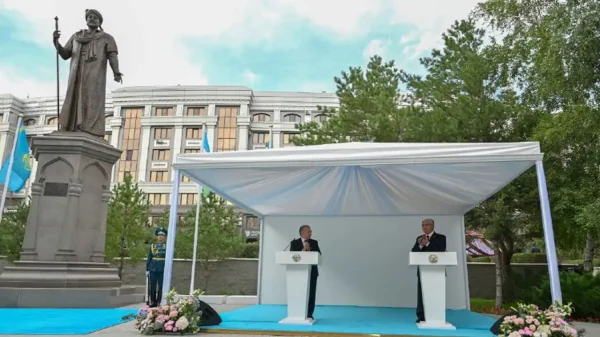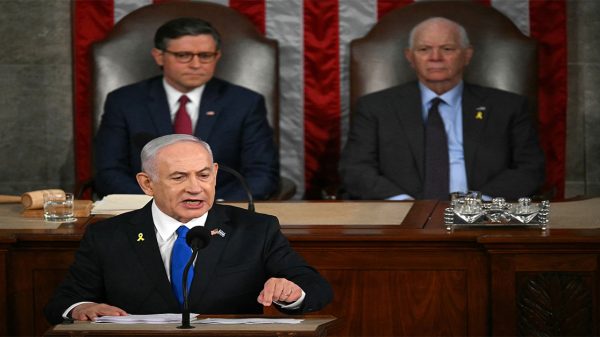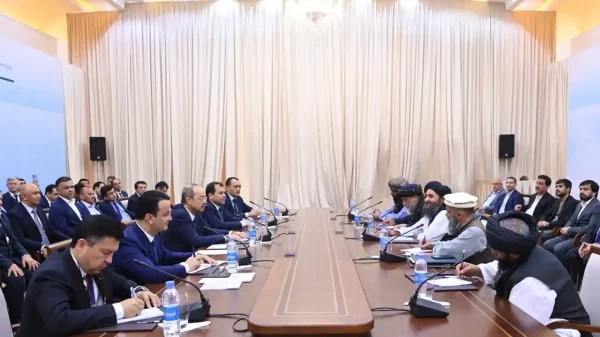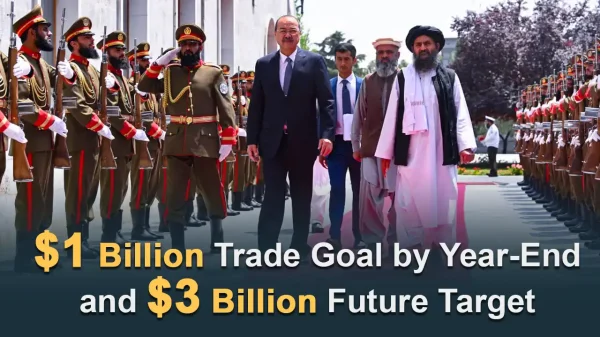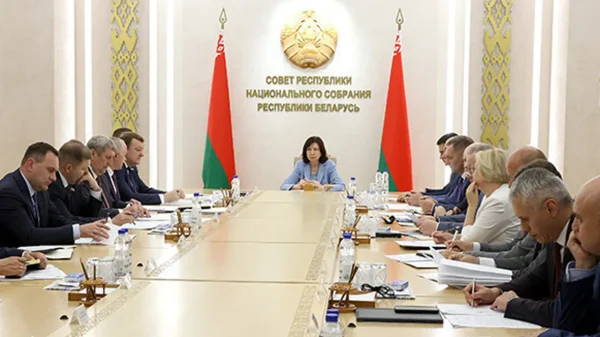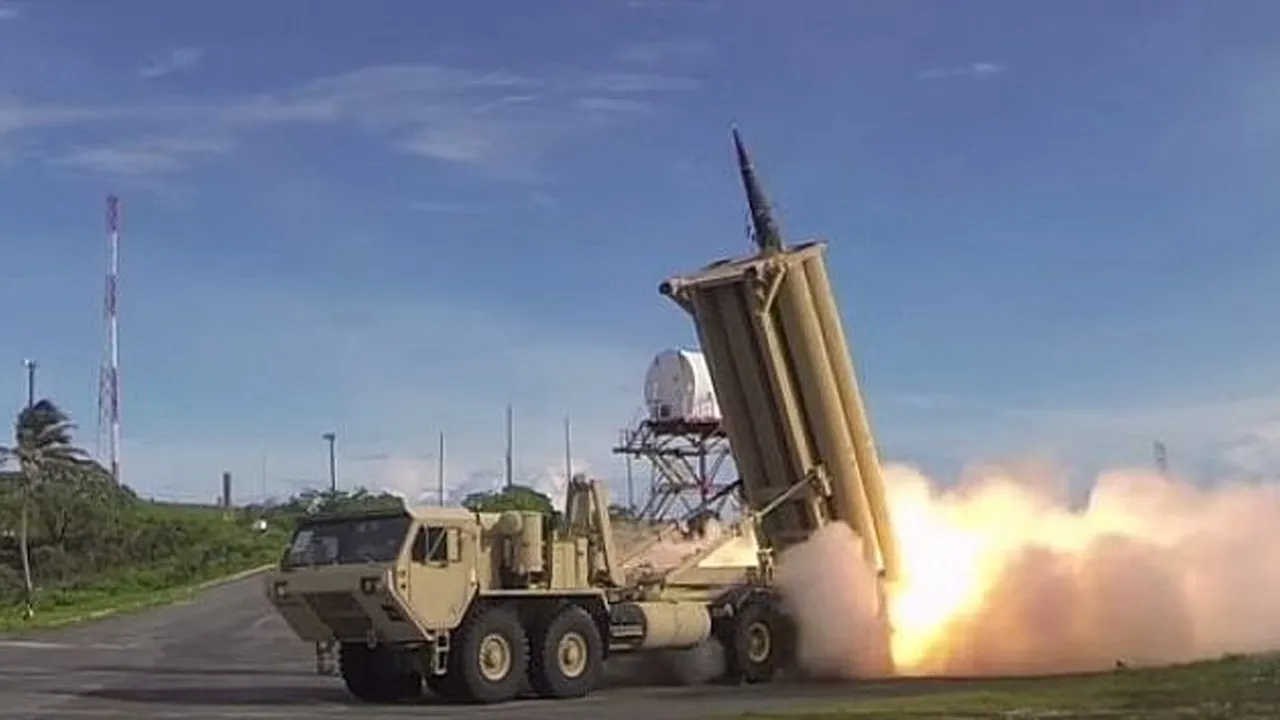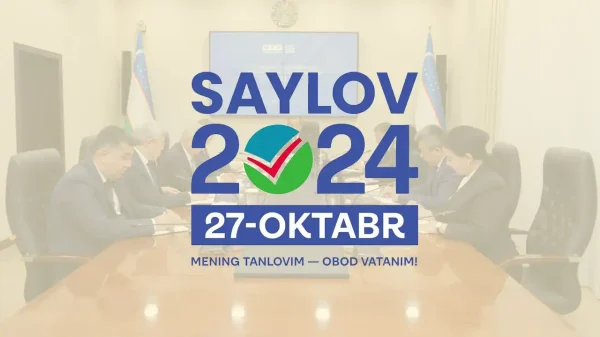On Monday, the US State Department issued a stern warning to Iran, urging the nation to avoid further escalation in the region. This came in response to inflammatory statements from an Iranian parliament member, who called for the assassination of Israeli Prime Minister Benjamin Netanyahu as retaliation for the recent killing of Hamas political leader Ismail Haniyeh.
US Warns Iran Amid Escalation Threats
US State Department spokesman Matthew Miller emphasized that Secretary of State Antony Blinken has been consistently advocating for restraint and calm in the Middle East. “It’s important that all parties take steps over the coming days to refrain from escalation and calm tensions,” Miller told reporters, highlighting Blinken’s telephone calls with various officials in the region.
Iranian MP’s Call for Assassination
Amid these diplomatic efforts, Iranian Parliament member Mohammad Qasim Osmani made a provocative statement, urging the Iranian government to launch a new Operation ‘True Promise.’ This reference recalls the April 13-14 attack when Iran fired over 300 ballistic missiles at Israeli air bases in retaliation for an Israeli raid on the Iranian embassy in Damascus.
“I hope that another Operation True Promise will be carried out as blood revenge for Ismail Haniyeh. We will not agree to anything less than Netanyahu’s death,” Osmani declared. His statement has intensified the already high tensions between Iran and Israel, following the assassination of Ismail Haniyeh, a prominent Hamas leader, in Tehran last Wednesday.
Rising Tensions in the Middle East
The situation escalated further after an Israeli raid in Beirut resulted in the death of Fouad Shukr, a senior Hezbollah commander with close ties to Iran. These events have put both Israel and the US on high alert, preparing for potential retaliatory actions from Iran and Hezbollah.
The international community watches closely as these developments unfold, with many fearing that the volatile situation could spiral into a larger conflict. The US’s call for restraint seeks to prevent such an outcome, promoting dialogue and de-escalation as the primary means to address the current crisis.





